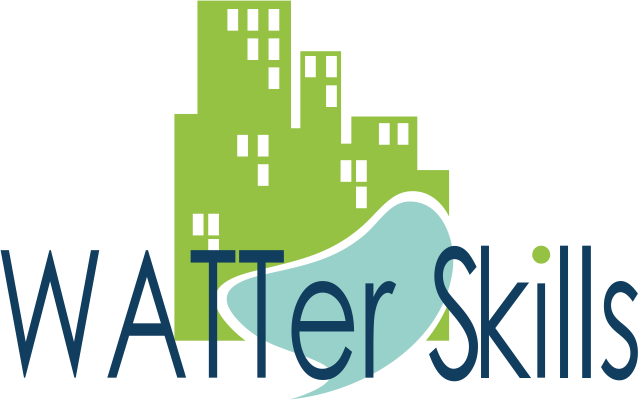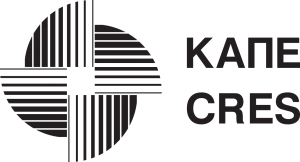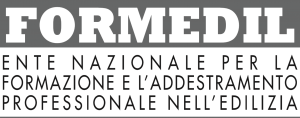The European project WATTer Skills (2017-2020) ended with the signing of a Memorandum of Understanding that aims to enhance the results of WATTer Skills, focusing on water efficiency and the water-energy nexus and with the proposal to create two new professional profiles in the context of new Green Jobs opportunities.
Thus, WATTer Skills bets on the creation of the Water Efficiency Technician (WET) and the Water Efficiency Specialist (WEE), with water efficiency skills in buildings, thus aiming to promote water efficiency in buildings.
The following are the 4 main intellectual results of the project:
- IR1 – Definition of the WATTer Skills Perimeter
In RI1, a competence map at European level was devoted to water efficiency in buildings, which includes monitoring indicators.
- IR2 – Qualification Framework
In RI2, the requirements of the training and qualification framework were defined in line with the European Qualifications Framework (EQF), in order to streamline their adoption and adaptation to the training and qualification system of professionals.
- IR3 – Curriculum and Contents of Training Courses
At RI3, the structure and curriculum of the WET and WEE training courses were formulated. The formative contents were defined, developed and implemented.
Within the scope of this report, training manuals were also produced for the two courses, which are proposed and intended to be useful, with appropriate adaptations, to trainees and trainers.
- IR4 – Accreditation system based on EQF and ECVET
In RI4, a system for the recognition of different types of professionals and integration into the National and European Qualification Frameworks (NFQ and EQF) was proposed. Support materials were based on ECVET training credits and applicable to all EU countries, promoting mobility of professionals.
WATTer Skills was coordinated by ADENE – Agency for Energy, also counting on the Fundaciòn Laboral de la Construccion (FLC), CRES – Center for Renewable Energy Sources and Saving and FORMEDIL – Ente Nazionale per la Formazioni and L’Addestramento Professionale nell Edilizia. The project also counted on the involvement of the consultative councils of the partner countries (Portugal, Spain, Greece and Italy) and of several Stakeholders who contributed in a very constructive and participatory way to the results obtained.
Stay tuned and follow the evolution of the project!





